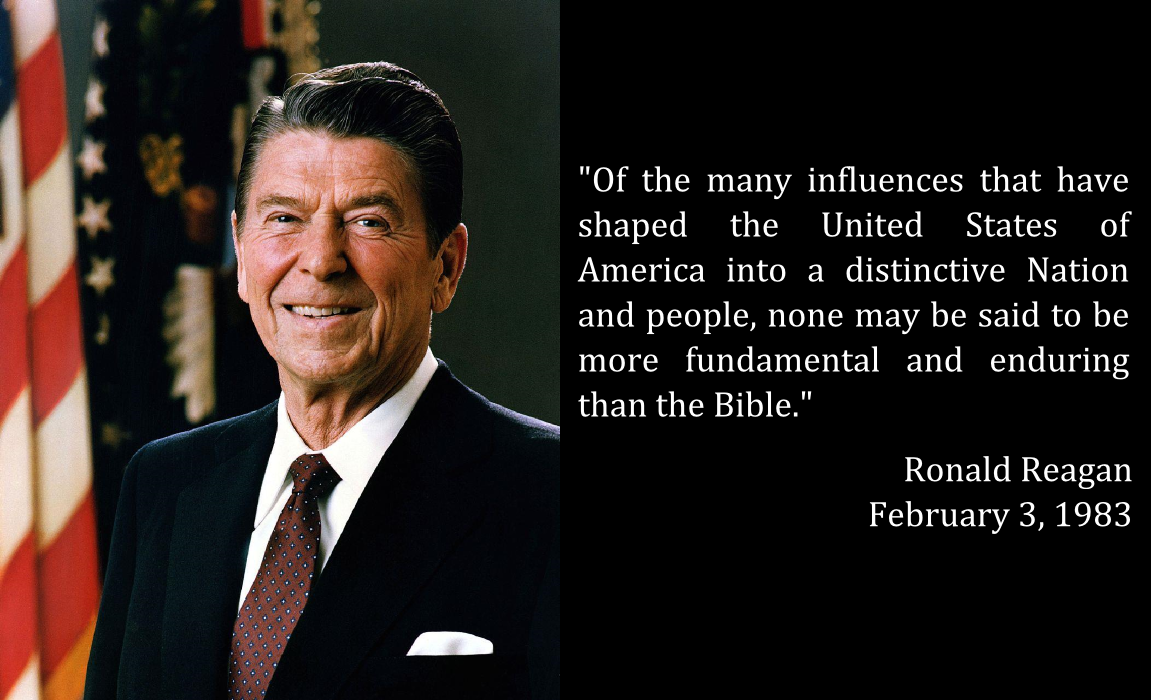How Can a Public School Start Offering Elective Courses on the Bible?

We have written recently about how Arkansas law lets public schools offer elective courses on the Bible — and these courses have grown this year.
The Arkansas Department of Education has published standards that spell out what high schoolers can learn from these elective, one-semester courses.
These courses have been available since 2013, when Arkansas passed Act 1440 letting public schools offer elective, academic courses that study “the Bible and its influence on literature, art, music, culture, and politics.”
The law says the course must be objective and nonsectarian, and it must meet the same academic standards as other elective courses in public schools. Anyone wishing to teach the course must be licensed to teach in the State of Arkansas.
In 2019, the Arkansas Legislature passed Act 1016 making technical clarifications to Act 1440 of 2013, and this year lawmakers passed Act 400, the Religious Rights at Public School Act by Sen. Mark Johnson (R — Little Rock) and Rep. Alyssa Brown (R — Heber Springs) affirming public school students’ and teachers’ religious liberties — including the freedom schools have to offer academic courses on the Bible under state law.
So how can a public school offer an elective course on the Bible? Here are a few points to consider:
- It’s up to the local school board. Local districts decide whether to offer the course and choose the curriculum. School boards may vote to offer the course and find a licensed teacher qualified to teach it.
- Courses must be nonsectarian. They must be taught objectively. They cannot include “sectarian interpretations of the Bible,” and they cannot “disparage or encourage a commitment to a set of religious beliefs.”
- The Arkansas Department of Education offers an academic framework schools can use for establishing Bible courses. The State of Arkansas does not have an approved curriculum for the academic study of the Bible, but the Department of Education has produced official standards that spell out what these courses should cover. School districts are free to offer courses and use curricula that meet this framework. School districts do not have to get their curriculum approved by the department before offering the course.
This year, 18 school districts in Arkansas offered academic courses on the Bible. Courts have said the U.S. Constitution does not prevent public school students from being taught about the Bible and its significance throughout human history, provided that the instruction is neutral and educational. In fact, the U.S. Supreme Court’s 1980 Stone v. Graham decision went so far as to say, “the Bible may constitutionally be used in an appropriate study of history, civilization, ethics, comparative religion, or the like.”
Family Council fully supports public school districts that offer academic courses on the Bible to students across the state. After all, no single book has been more influential over our civilization than the Bible.
Articles appearing on this website are written with the aid of Family Council’s researchers and writers.




